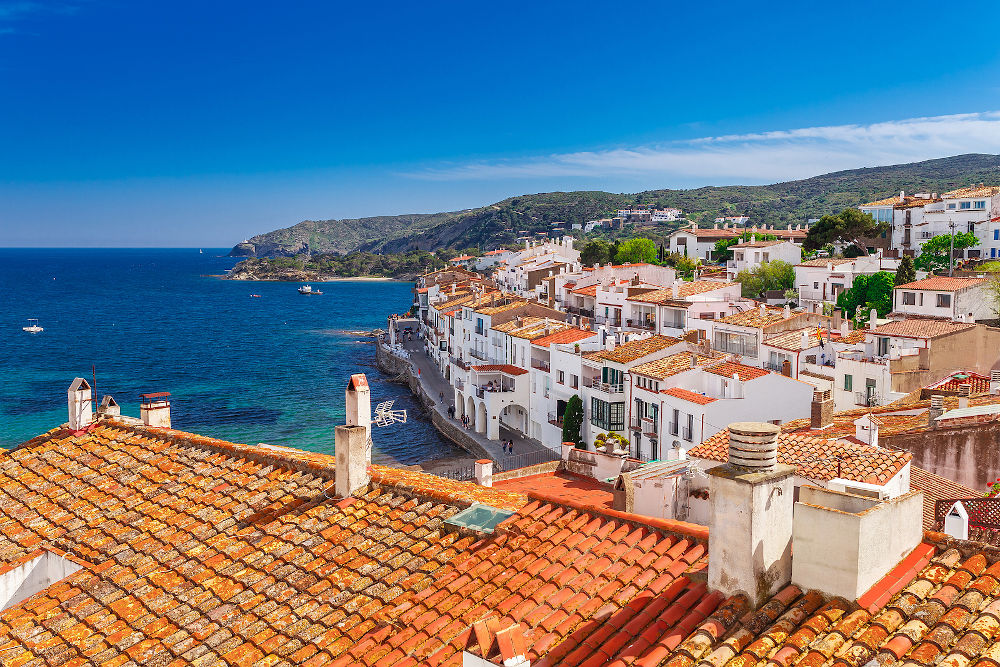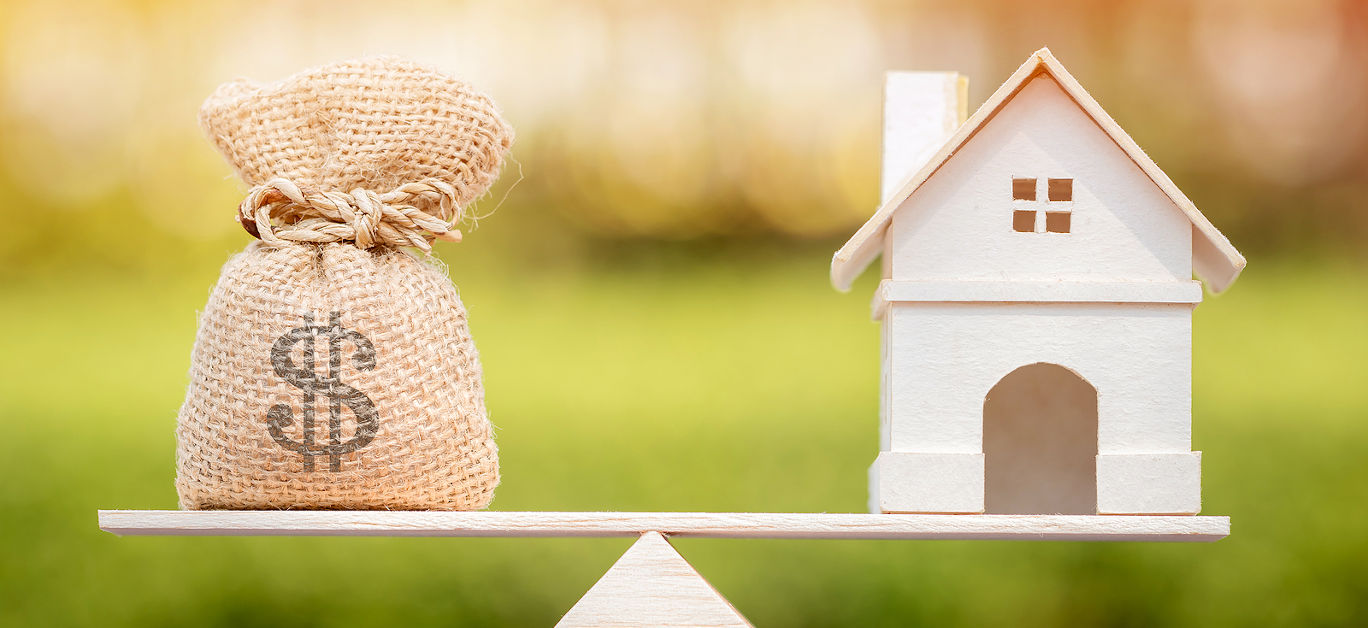With the UK property market seeing plenty of interest post lockdown and the government announcing the temporary cut in stamp duty, it would be easy to think that the market is prime for purchasing.
Schemes such as the 95% mortgage are ideal for first-time buyers though it poses risks and can cause house prices to quickly inflate. For the market as a whole, it means further meddling and propping up prices with cheap money – part of the cause behind the 2008 financial crisis, and it could be the cause of another bubble.
Regardless of your view on the UK housing market, there is a limitation by only purchasing homes within this economy. Limiting yourself to the UK would be ruling out hundreds of other markets, many of which are in better stages of growth with less bubbles and better yield-to-price ratios.
Furthermore, there are housing markets embedded in economies which aren’t suffering so much from Covid, nor are they about to ensue the potential chaos of a no-deal Brexit. As a result, UK-based foreign exchange companies are in huge demand with many people turning to overseas investment.
Why is property still attractive during the pandemic?
If you are looking to invest in any type of asset there are plenty of opportunities available, but overseas property has a certain appeal. Unlike the turbulent and currently irrational behaviour of the stock market, housing seems like the sensible option to turn to and has plenty of benefits too.

The only major disruption to the property market during the previous lockdown was that houses were in short supply. It was difficult to sell a home because estate agents were closed (in the UK). Whilst this impacted the liquidity of property investment, it didn’t inherently crash the price, on the contrary, house prices rose in 2020.
If you’re looking for a passive or active investment, property remains a great choice. Of course, when you think of property investment, you often think of a holiday rental in Spain or Portugal, which is ideal under normal circumstances, but when travel is restricted, a problem arises if you are depending on the rental income.
Instead, investment in property is possibly currently better suited for markets where you’re focused more on the value of the house rising, and stable rental income. For example, in Vilnius (Lithuania), where house prices are cheap and forecasted to rise, as well as rent prices expected to rise for city workers.
This steady stream of income is exactly what investors are looking for during the pandemic, where other investments are taking a hit, and even their jobs. With UK unemployment surging, income is at risk and dividend stocks and property investment are arguably the two safest income-generating investments to pick from.
Furthermore, the pandemic has brought on policies in some countries where the government will cover rent payments if the tenant is negatively affected by the virus. This means the landlord is sure to be paid, either by the tenant or government. However, it may be wise to avoid places where rent can be frozen and payments can be chosen to be delayed – this could cause cash flow issues where you’re paying a mortgage but with delayed income. The smart property investor will use a tenant screening service like www.ezlandlordforms.com – which can be used as a tool to determine if a potential renter will actually pay on time.

Where is it still attractive for investors to buy and perhaps use as a holiday home?
If you’re thinking of going down the holiday home route, there’s still some hope. Cyprus has seen three years of house price growth, with this coming to an end during the pandemic. Whilst there may not be room for immediate growth in value, the popular tourist destination is still relatively open for holidays from members of other European countries, and cases are much lower than in Spain and France.
Germany is also a good option, with a relatively strong property market and lower Covid cases in relation to the rest of Europe. It may not be as popular with international tourists seeking out a Mediterranean hot spot, but among Germans themselves it could be popular.
It’s important to stay away from buying property in Asia for now, which has extremely strict lockdown measures where almost no country is letting in holidaymakers. The only option here is if you want to purchase a cheaper home for income after the pandemic, but this could be risky for cash-flow.
How to save when transferring money overseas?
An important factor when investing in property abroad is currency. Forex markets are currently wild due to the speculators and uncertain times and Brexit is also likely to cause a huge swing in the pound, therefore it is always to seek appropriate help and to purchase luxury property with the help of a buyers agent.
The number one way of wasting thousands of pounds when investing abroad is by using a mediocre broker to exchange the money, or worse, a UK high street bank. The rate and fees incurred can stack up to several thousand, which really damages the ROI. There are plenty of UK-based foreign exchange companies that offer minimal margins and no fees so do your research and find the best deal for you.

Brexit and EU properties
The EU has some great housing markets, which are in close proximity to the UK, are generally stable and regulated countries and are more accessible during the pandemic. A no deal Brexit, however, is still possible and this could shake things up.
Whilst there were whispers of overseas second homes being seized by governments due to Brexit, it’s unlikely due to the United Nations Universal Declaration of Human Rights along with the European Convention too. However, just because you won’t have your home seized, this doesn’t mean that no deal poses zero risks.
For example, you will not fall into a possible different category of non-EU property taxes, which could rise, and leaseback guarantees may also fall through. Furthermore, there may be additional visas introduced for homeowners who are looking to visit for long periods. There are a whole host of potential obstacles, which is why it may be wise to first wait and see how Brexit plays out.
Final word
Investing into overseas property is one of the safest revenue-generating investments and can come in many forms. It doesn’t have to be a single purchase by you, it can instead be bought by a syndicate or P2P if you prefer less responsibility, hassle and capital. Outside of keeping up with the latest Brexit news, it’s important to seek out the cheapest ways to transfer your capital overseas. This way, your ROI will not be damaged, and you can be sure that your funds are secure during the process.






















